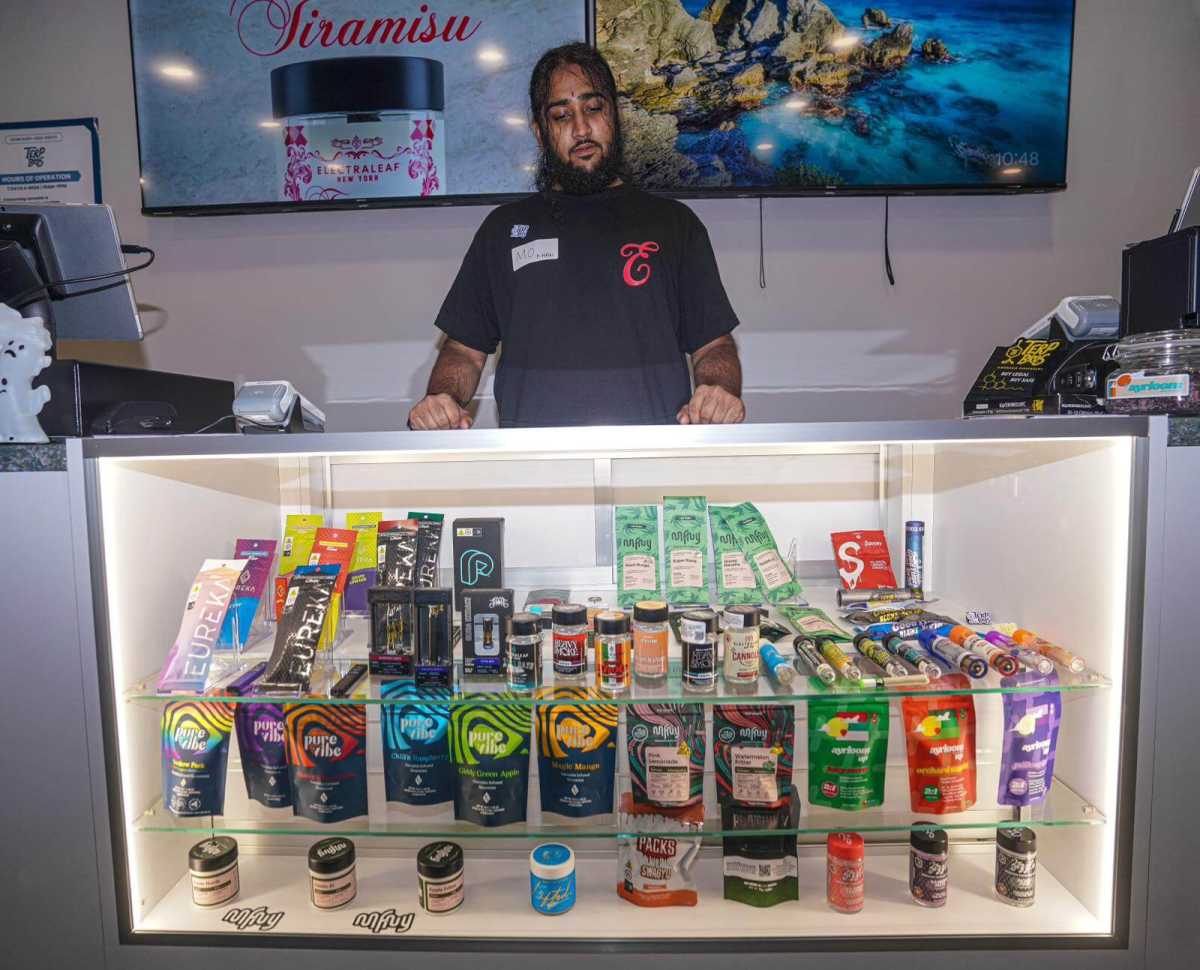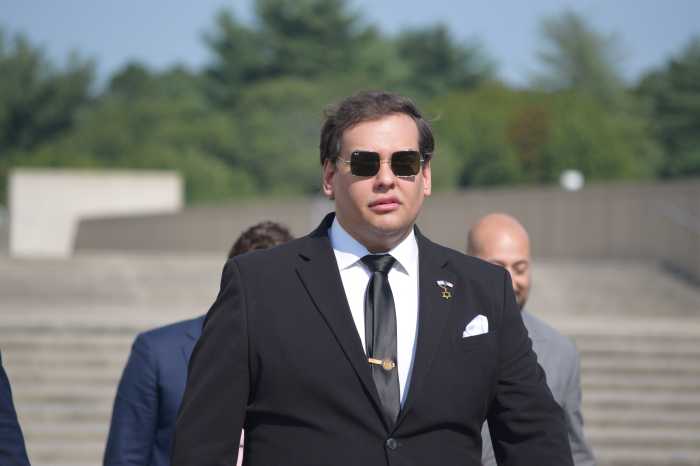New Yorkers will soon see more recreational marijuana shops opening across New York, as the state’s Cannabis Control Board voted on Monday to settle a pair of lawsuits that have blocked many legal weed shops from operating for over three months.
The legal battle began when a group of disabled veterans sued the state, claiming it violated the law when it awarded the first batch of cannabis licenses to New Yorkers who had previously been convicted of marijuana-related offenses.
State regulators had sought to give priority to those formerly incarcerated of non-violent drug offenses, in an effort to make the legalization of marijuana more equitable — but the disabled vets claimed that was discriminatory, and sued earlier this year.
As that lawsuit was playing out, a judge in Upstate New York placed an injunction against new licenses in August — leaving just a handful of legal weed shops open, while the state was barred from issuing new permits.
Simultaneously, a group of medical marijuana companies filed a similar lawsuit, effectively arguing the same thing.
But on Monday, the Cannabis Control Board, which serves as the government agency in control of the newly-legal marijuana industry, held an emergency meeting, where they voted on a proposed settlement of both lawsuits.
“New York’s cannabis market was designed to be the most equitable market in the world. We remain undeterred by the challenges of standing up that new market,” said Chris Alexander, executive director of the Office of Cannabis Management. “We look forward to working together with licensees and partners across the industry to shape this new chapter in New York’s cannabis story.”
The settlement, which is expected to be approved by the court this week, keeps the state’s equity program in place, while expanding the criteria for applicants to be eligible. The disable veteran plaintiffs, for example, would now qualify, in addition to those formerly incarcerated for drugs.
The judge’s August injunction had effectively caused a stalemate in the industry, which led to dozens of would-be business owners waiting for permission to open their cannabis shops.
Twenty-six legal weed shops have been operating in the Empire since the beginning of this year (including 11 in the Big Apple), though that is not nearly as many as the state had originally planned for — including, for example, no legal shops operating anywhere in Brooklyn.
Now, 436 license holders are free to continue their plans to open their businesses.
“Today’s approval of the settlement agreement by the New York State Cannabis Control Board marks a momentous step forward in our mission to cultivate a diverse and inclusive cannabis market,” said Tremaine Wright, Chair of New York’s Cannabis Control Board. “Once this settlement is approved, we are hopeful those impacted by the injunction will be empowered to open their storefronts and embark on their entrepreneurial journeys, bringing us closer to our goals.”
While the legal battle had stalled legal shops, it also had the effect of birthing a market of quasi-underground illegal weed stores, which have popped up across the state — with authorities struggling to shut them down as quickly as they pop up.
Mayor Eric Adams’ administration has estimated that there are around 1,500 black market weed sellers in New York City at any given moment.
“Our administration is using every tool available to protect young people and all New Yorkers from dangerous, illegal cannabis and tobacco products, while sending a clear message that anyone helping these illegal, unlicensed shops spread throughout our communities will be held accountable,” Adams said in a statement. “To support the emerging, legal cannabis market, we must go after the bad actors who are breaking the law. Our interagency task force is coming together to keep our communities safe.”
Gov. Kathy Hochul said Monday’s vote, and the pending settlement, will help eliminate the prevalence of illegal weed shops, while replacing them with licensed and regulated storefronts (which are also subject to taxes).
“This will allow us to move toward this worthy goal, expanding the number of legal cannabis retailers as we continue our significant efforts to shut down illegal storefronts,” said Hochul in a statement.

































